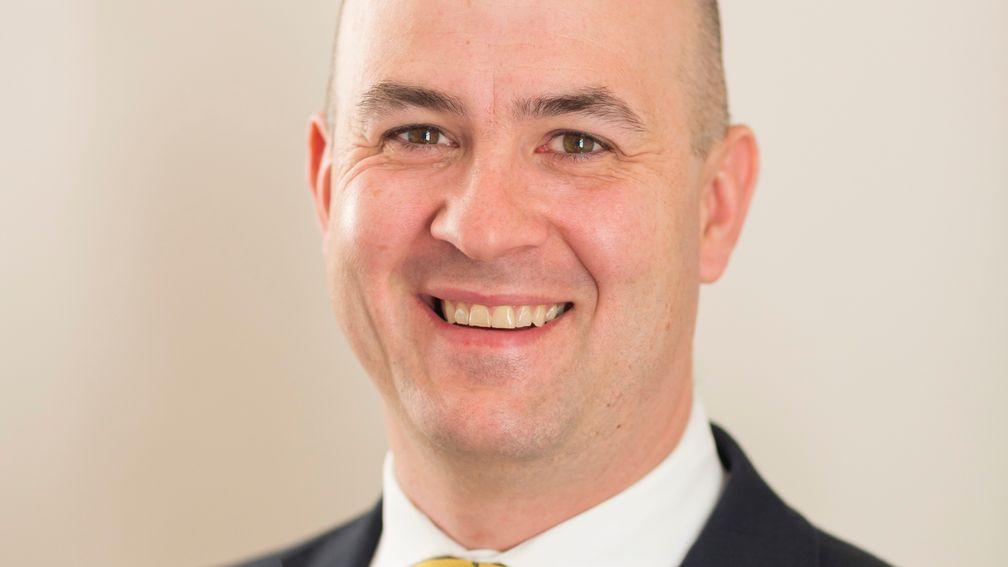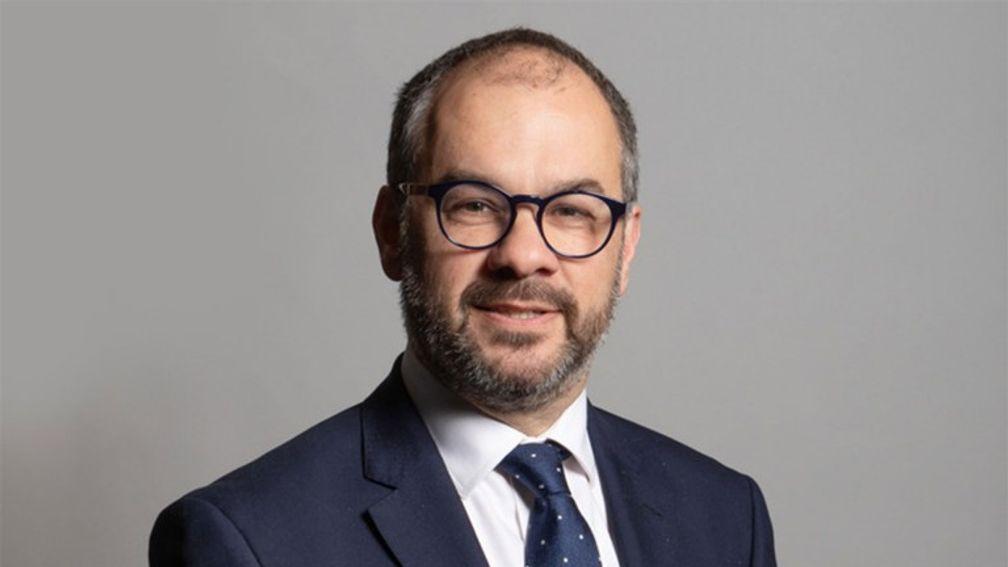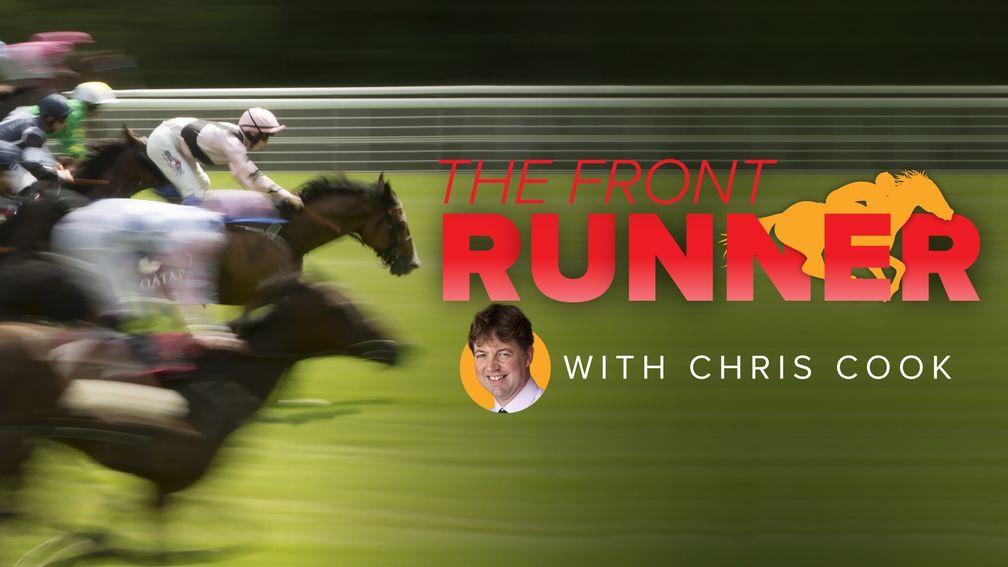- More
Gambling Commission denies mandating the affordability checks blighting punters

Gambling Commission chief executive Andrew Rhodes has dismissed accusations that the industry regulator is pressuring bookmakers to impose intrusive affordability checks on bettors as "nonsense".
Despite extensive evidence of ordinary punters being asked to provide personal financial information in order to continue betting, Rhodes said the commission did not require operators to make such requests. Rhodes also said the reduction in betting on horseracing being claimed by the sport could not be pinned on affordability checks.
Affordability checks are expected to feature in some form among the proposals contained in the government's long-delayed gambling review white paper. However, the Racing Post has received hundreds of complaints from punters who have already been asked for financial information such as bank statements and tax returns in order to prove they can afford their level of gambling spend. This is despite outgoing gambling minister Paul Scully recently saying that it was not up to the government or the Gambling Commission to tell people how much they could afford to bet.
Bookmakers say they have been forced to implement the controversial checks due to Gambling Commission guidelines on customer interaction, but Rhodes said: “The idea the commission is imposing pressure on the industry to carry out checks for the average punter is nonsense. Operators are currently required to have systems in place which identify people who may be at risk of harm and to take appropriate action. One part of an operator's approach to managing risk is having proportionate thresholds at which more information is required to satisfy themselves there is no issue with that customer relationship."
He added: "We do not require operators to get payslips or bank statements, it will be up to the operator how they go about any check they feel they need to make."
Nevertheless, in a speech this week Rhodes said the commission expected operators to consider the "financial situation for a consumer" when assessing risk. When it was put to him that while the commission may not have explicitly told operators to make intrusive checks they were being forced to for fear of failing to assess the financial situation of customers, Rhodes claimed there were other factors at play.
"There are operators that we know who, as part of their business model, don't want to be involved in high-staking gambling as much as they would have done in the past," he said. "The fact that bets are up in the last year among the largest operators and active accounts are up suggests that actually the number of people gambling is pretty stable."
In his speech this week, Rhodes said that large operators have seen gross gambling yield fall by almost 16 per cent and the total staked by more than 13 per cent. Asked if requesting financial details from people who bet was proportionate, Rhodes said that being asked for payslips and bank statements was "very unlikely to be the first interaction that somebody has", adding: "Bookmakers will typically have triggers based on earlier levels of spend, frequency of spend, changes in patterns of play."
However, he did appreciate that punters would be uncomfortable providing their financial details. "I think in any walk of life I can understand why people don't necessarily want to share information," he said. "It's something we are all conditioned to treat with caution and to be careful what information we share."

In a speech last month Scully said the government was looking to introduce checks that did not require customers to hand over their details.
Rhodes said: "What we would like to see for the future, and it is something that the now prior minister spoke about recently, which we have been working on is the ability to try to have frictionless checks that avoid people needing to present evidence.
"What we are not trying to do is create an unnecessary level of friction for people who are gambling and have no reason to necessarily stop, it is well within their means, they understand what they are doing and that is their choice to make. We have always said that."
Last year Arena Racing Company (Arc) chief executive Martin Cruddace claimed that betting on horseracing had declined by £800 million resulting in an annual reduction of revenues for the sport that could add up to £40m, and placed the blame on affordability checks.
Rhodes said he believed it was too hard to pin that reduction on one factor, citing figures that just one per cent of accounts were responsible for 70 per cent of profits from customers who bet on horseracing. He claimed that other factors such as small field sizes, the economic situation and racing's older audience could be impacting the behaviour of the most prolific racing bettors.
However, Rhodes said he had met with the BHA and was due to meet them again and, having also visited Chepstow, was also scheduled to meet with the track's owner Arc. He added: "The dialogue obviously continues. We completely understand, as we would with any industry, any sport, any group of people betting, that we should have a sensible dialogue with them about what we see going on."
A number of those who have contacted the Racing Post about affordability checks have said they have either bet with black market operators or considered doing so. The Betting and Gaming Council also recently released figures claiming there had been a spike in black market gambling during last year's World Cup in Qatar and warned against complacency over the issue.
Rhodes said: "I don't think you can argue that improving things in the legitimate market shouldn't happen because that might drive people to illegal gambling. I don't accept that and I do think there has been some lazy argument about this.
"When you talk to operators in other countries, and many of those operators also operate here, they point to Great Britain as the example of how to reduce the risks of illegal gambling by having a very liberalised market."
Further delays to the publication of the white paper are expected following prime minister Rishi Sunak's recent reshuffle.
Read these next:
Britain can lead way with responsible gambling but all needs must be met, warns industry heavyweight
Frustration over potential for further delays to gambling review white paper
Tom Segal had a 16-1 winner on Saturday - get 50% off for three months

Published on inGambling review
Last updated
- Labour vice-chair of parliamentary racing group calls for 'urgent action to arrest financial decline' of the sport in Britain
- 'It's costing turnover' - restrictions are forcing down online betting says professional gambler Neil Channing
- 'Teetering on the edge' - leading owner says hostility towards racing means punters and owners are falling out of love with the sport
- 'My betting is down by more than 99 per cent' - Royal Ascot-winning owner who turned over up to £1m a day bemoans impact of checks
- Letters: Gambling Commission chief executive Andrew Rhodes responds to British racing's statement
- Labour vice-chair of parliamentary racing group calls for 'urgent action to arrest financial decline' of the sport in Britain
- 'It's costing turnover' - restrictions are forcing down online betting says professional gambler Neil Channing
- 'Teetering on the edge' - leading owner says hostility towards racing means punters and owners are falling out of love with the sport
- 'My betting is down by more than 99 per cent' - Royal Ascot-winning owner who turned over up to £1m a day bemoans impact of checks
- Letters: Gambling Commission chief executive Andrew Rhodes responds to British racing's statement